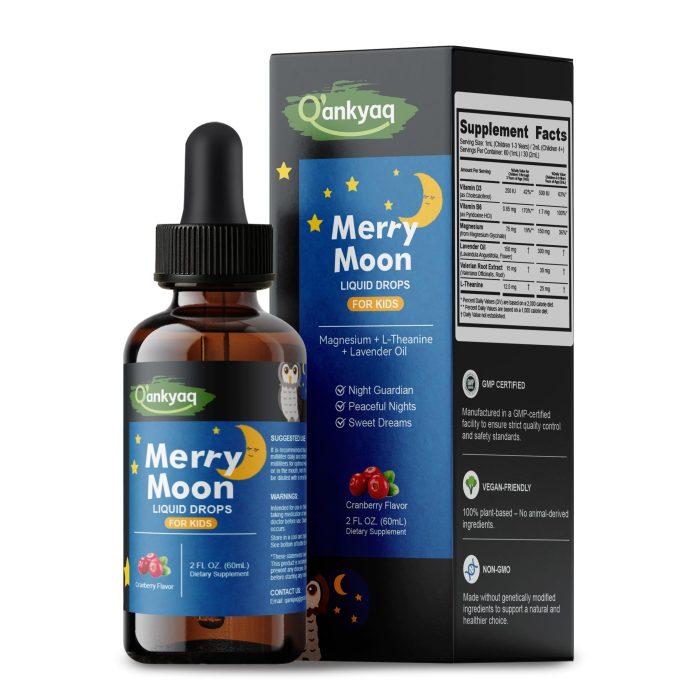Understanding the Relationship Between Vitamin D and Collagen Production
As a natural compound in the body, collagen plays a critical role in maintaining skin elasticity, strengthening bones, and supporting overall connective tissues. Many people look to supplements or dietary changes to optimize collagen production, and vitamin D often becomes part of the conversation. But is there evidence to suggest that vitamin D decreases collagen production? Let’s dive deeper into the science, debunk common misconceptions, and provide actionable insights for those looking to support their well-being.
The Role of Vitamin D in the Body
Vitamin D, sometimes referred to as the “sunshine vitamin,” is crucial for numerous biological functions, including calcium absorption, immune modulation, and cellular repair. For these reasons, it’s widely used as a dietary supplement. Vitamin D also has indirect effects on skin health and may influence factors tied to collagen synthesis, though its relationship with collagen production is more nuanced than it might initially appear.

Does Vitamin D Negatively Impact Collagen Production?
The short answer: Vitamin D does not inherently decrease collagen production. In fact, research indicates that vitamin D may play a supportive role in maintaining healthy skin and connective tissues. A 2021 study published in Frontiers in Physiology highlighted how vitamin D contributes to cell signaling pathways involved in tissue repair and regeneration. Low levels of vitamin D are often linked to poorer skin condition, brittle bones, and even delayed wound healing—all outcomes associated with reduced collagen integrity.
However, it’s important to note that vitamin D functions as part of a complex interplay with other nutrients. A deficiency in nutrients like vitamin C, zinc, or amino acids—key building blocks for collagen—could negatively affect collagen production, regardless of your vitamin D intake. On its own, vitamin D supplementation is unlikely to cause harmful outcomes but should be balanced as part of a holistic nutritional strategy.
Vitamin D and Skin Health: A Synergistic Connection
Vitamin D’s contribution to healthy skin includes its role in reducing inflammation and protecting against oxidative stress, both of which can accelerate collagen degradation if unchecked. While vitamin D itself is not an active player in collagen synthesis, it supports overall skin health and creates an environment where collagen production can thrive.
To illustrate this point, consider a 2020 report from Dermato-Endocrinology, which found that individuals deficient in vitamin D often exhibited higher markers of skin aging, such as wrinkles and sagging—symptoms largely attributed to impaired collagen function. This connection emphasizes the importance of maintaining optimal vitamin D levels for comprehensive cosmetic and structural benefits.
Practical Recommendations for Balancing Vitamin D and Collagen Support
For those looking to optimize both vitamin D and collagen production, the key lies in synergy. Here are actionable tips to help sustain your health:
- Supplement Wisely: Choose supplements that combine collagen peptides with skin-supportive nutrients like vitamin C, hyaluronic acid, and zinc. Brands like Well&Whole offer high-quality supplements tailored to holistic wellness.
- Adopt a Balanced Diet: Nutritional sources of vitamin D (like fatty fish, egg yolks, and fortified foods) can complement collagen-rich foods (such as bone broth and citrus fruits high in vitamin C).
- Sunlight Exposure: Spend time outdoors to boost natural vitamin D synthesis, but don’t overdo it—UV exposure can lead to skin stress and harm collagen levels.
- Hydration: Drink adequate water daily to ensure collagen fibers remain hydrated and flexible.
- Consider Smart Pairings: Combining vitamin D with retinoids or topical vitamin C has been shown to enhance skin health and collagen production. Discuss these options with your dermatologist.
Addressing Myths Around Vitamin D and Collagen
A common question stems from a misunderstanding of vitamin D’s role: “If vitamin D doesn’t directly produce collagen, does it suppress it?” The misconception may arise because vitamin D regulates calcium—a key mineral influencing the rigidity of bones and tissues—and does not independently drive collagen synthesis. This distinction is essential for consumers to understand.
Instead of focusing solely on vitamin D or collagen, strive for a comprehensive wellness approach. Well&Whole is proud to align its product formulations with scientifically validated strategies that promote connective tissue strength, bone density, and glowing skin. We provide an ecosystem of solutions to support your complex nutritional needs—not just isolated remedies.
Unlocking Long-Term Benefits for Your Body
To achieve optimal results, aim to maintain the right levels of both vitamin D and collagen-building nutrients. Deficiencies in either can lead to noticeable consequences, including weaker joints, premature skin aging, and delayed recovery from injuries. By addressing this interplay proactively, you’ll foster healthier skin, improved mobility, and stronger bones—ensuring your body is well-equipped to thrive.
In summary, vitamin D does not inhibit collagen production but serves as a vital piece of the puzzle for supporting skin and connective tissue health. With a strategic combination of the right nutrients, backed by trusted providers like Well&Whole, you can confidently embark on a path toward achieving your wellness goals. Take action today to feel and look your best!









